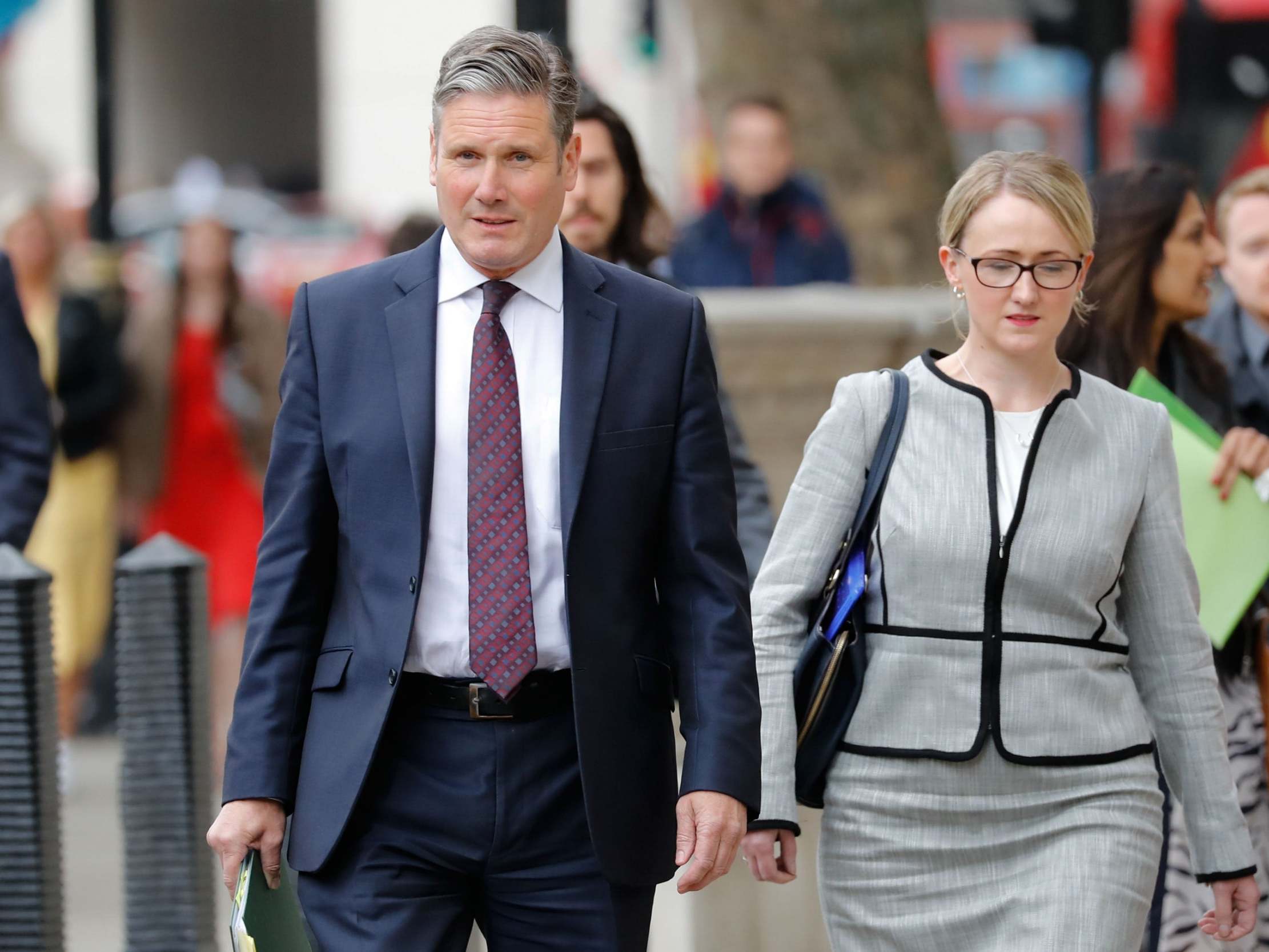Margaret Beckett's defence of Keir Starmer will show the Labour leader he is heading in the right direction
Beckett knows from experience that no Labour leader can win without acting firmly against what she has referred to as 'a lack of discipline on the front bench', writes Donald Macintyre


Your support helps us to tell the story
From reproductive rights to climate change to Big Tech, The Independent is on the ground when the story is developing. Whether it's investigating the financials of Elon Musk's pro-Trump PAC or producing our latest documentary, 'The A Word', which shines a light on the American women fighting for reproductive rights, we know how important it is to parse out the facts from the messaging.
At such a critical moment in US history, we need reporters on the ground. Your donation allows us to keep sending journalists to speak to both sides of the story.
The Independent is trusted by Americans across the entire political spectrum. And unlike many other quality news outlets, we choose not to lock Americans out of our reporting and analysis with paywalls. We believe quality journalism should be available to everyone, paid for by those who can afford it.
Your support makes all the difference.Margaret Beckett knows what she’s talking about. Yes, she felt a “little sorry” for Rebecca Long-Bailey. But she was also unequivocal on the Today programme in defending Keir Starmer’s sacking of the shadow education secretary. And not only because, as she indicated, the row would have dragged on – maybe for months – if Starmer had not acted as decisively as he did.
Beckett’s defence carries all the more weight because in some respects she was the Long-Bailey of her day. No-one who was at the 1981 Tribune Rally in Brighton will forget the speech in which Margaret Jackson, as she then was, excoriated Neil Kinnock and Joan Lestor for their failure to back Tony Benn in the deputy leadership contest against Denis Healey.
When Beckett says, as she did on the radio, that a shadow cabinet member speaks not for herself but on “behalf of the party”, her record matches her words. Without forsaking her background on the left, she served Tony Blair loyally in four separate cabinet jobs—and indeed was frequently on the airwaves, defending his government. She also, as a former foreign secretary (Blair’s last as it happens), probably knows a bit about Israel and its policy in the occupied territories.
There is a terrible irony in all this. This comes in the same month as two Palestinians were killed in East Jerusalem not by knee-on-neck “restraint”, but shot dead by Israeli police – the first an autistic unarmed man, and the second a young man whose car, rented to pick up family members on the day of his sister’s wedding, hit police post at checkpoint injuring a woman officer. Israel's prime minister, Benjamin Netanyahu has said he expects a full investigation into the first incident which he called a "tragedy" – the family of the man in the second incident involving the car have disputed the account of what happened by Israeli officials.
Both incidents should have received more international attention than they have, but they also rather underline the irrelevant gratuitousness of Peake’s remark, almost as if Minnesota police would not abuse black people without being taught to do so by Israel. Peake tweeted after the publication by The Independent of the interview containing the remarks that she had been "inaccurate" and that she finds "racism and antisemitism abhorrent"
Labour condemns Israeli government policy all the more effectively when liberated from the taint of antisemitism which Starmer reasonably judged this kind of conspiracy theory to represent. And the Labour party, so liberated, does indeed have a duty to oppose Israel’s occupation, not to mention the looming threat of annexation in the West Bank.
But this is also about domestic politics. The interview which Long-Bailey tweeted – though this was not the reason she was sacked — was as tepid about Starmer himself as it was ecstatic about Corbyn. And this is also where Beckett comes in.
I’m told that Beckett impressed a Parliamentary Labour Party meeting last year by saying that in every leadership campaign during her long career she and her husband Leo had always voted for the most left-wing candidate – but that they had finally come to the conclusion that it was better to vote for the one most likely to win a general election.
But Beckett also knows from long experience, that no Labour leader can win without acting firmly against what she referred to as “a lack of discipline on the front bench”. That discipline is called, for want of a less tedious term, collective responsibility.
Join our commenting forum
Join thought-provoking conversations, follow other Independent readers and see their replies
Comments